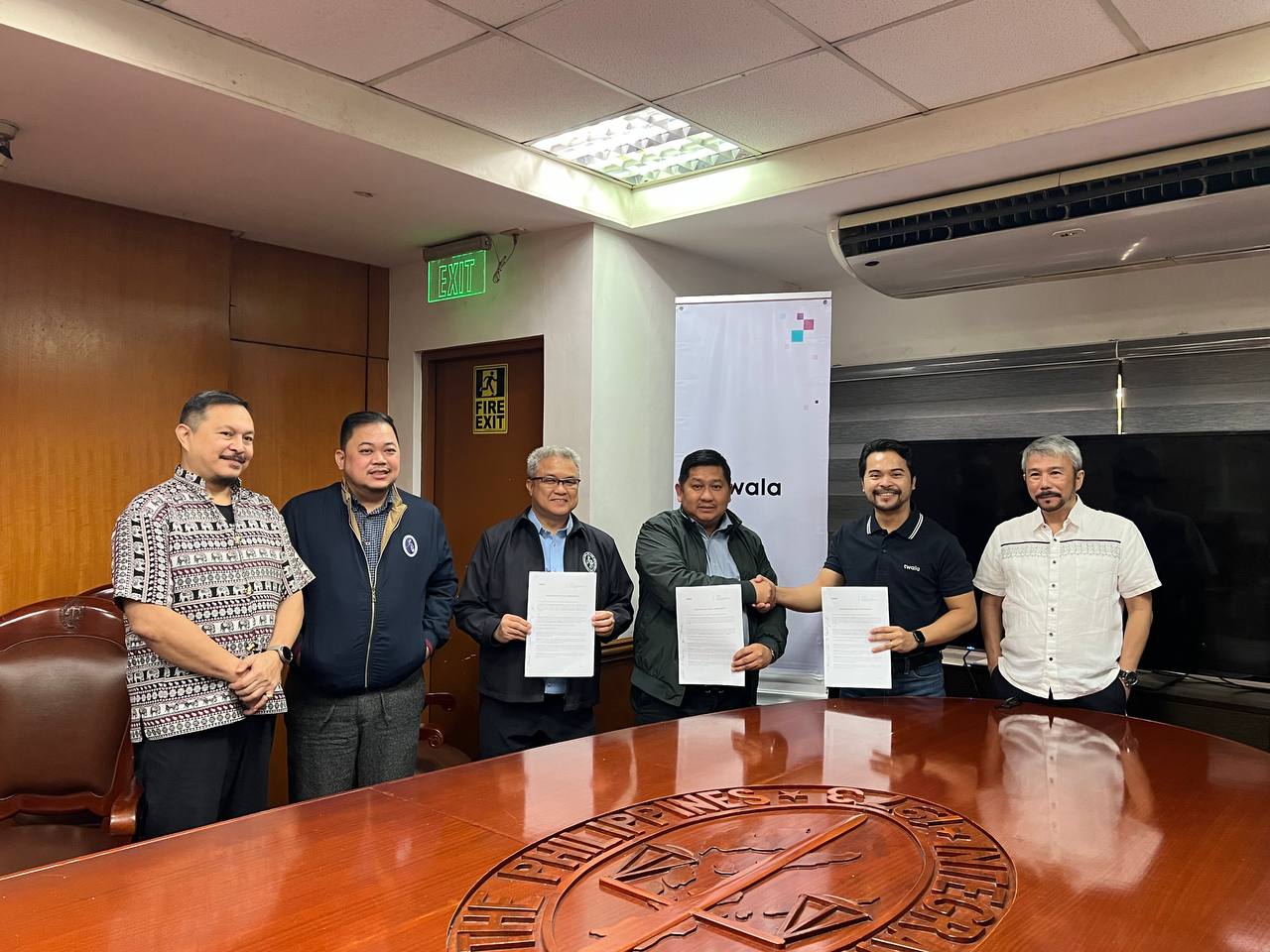
B2B transactions in the Philippines are shifting to paperless processes through electronic signatures (e-signatures). This change speeds up deals, enhances trust, and improves security, transforming how businesses operate.
Why Paperless B2B Transactions Matter
Traditional B2B deals require printing, signing, scanning, and couriering, causing delays and high costs. E-signatures allow remote, instantaneous signing, essential for Filipino companies amid growing remote work and digital business trends.
Building Trust with Security and Compliance
E-signatures use advanced encryption and multi-factor authentication to verify signatories and protect documents. They comply with the Electronic Commerce Act (2000), ensuring legal validity. Blockchain timestamping adds transparent audit trails, boosting trust in digital contracts.
Cost Efficiency and Operational Advantages
Going paperless cuts costs for printing, storage, and postage, reduces environmental impact, and speeds up contract approvals. This leads to fewer errors, faster deal closures, and better cash flow management for Philippine businesses.
Supporting the Digital Payments Ecosystem
Digital payment innovations like QR Ph P2M and InstaPay complement e-signatures by enabling smooth payment and contract workflows. This integration ensures fully digital, transparent B2B transactions.
The Future of B2B in the Philippines
E-signatures are essential to building secure, efficient, and trusted B2B relationships. Companies using e-signatures gain a competitive edge in a fast, transparent commerce environment.
Philippine businesses can future-proof their transactions with Twala’s local-compliant e-signature platform.





.png)
